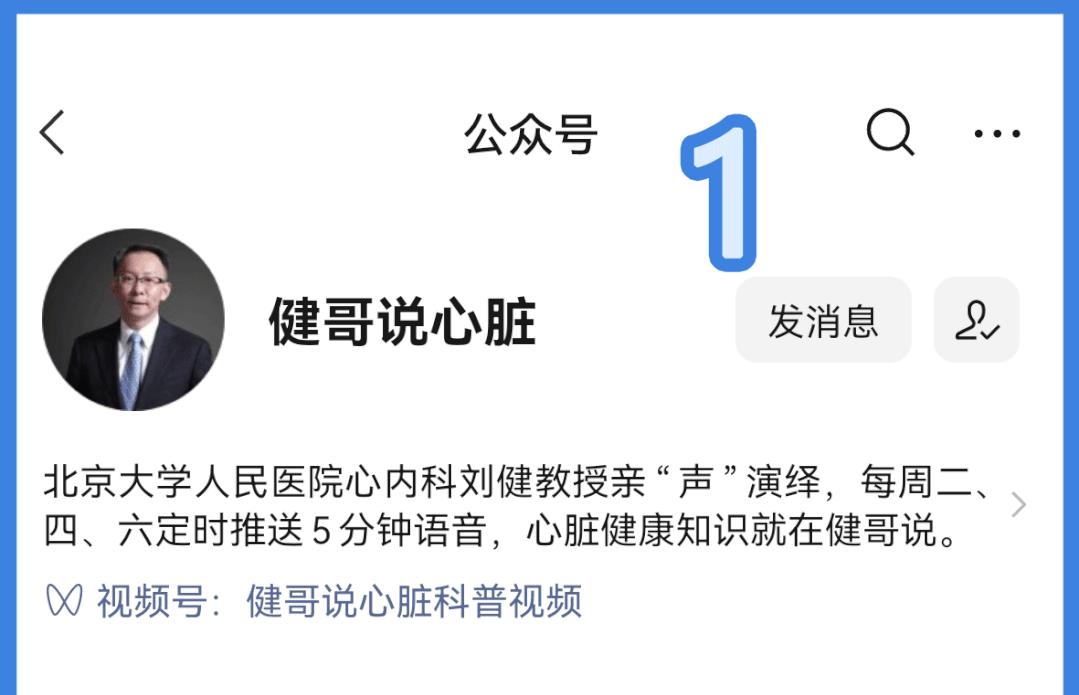
Hello! I am Liu Jian
Today is the 436th issue of Jian Ge said to accompany you
Blood lipids are essential items for adult physical examination, and the accuracy of blood lipid indicators is affected by many factors, if you do not pay attention, it is likely to cause deviations in the value of the results, and can not truthfully reflect your physical condition.
Therefore, the precautions before the blood lipid test are particularly important, and the following is a summary of the ten major precautions for your reference.
1) Maintain your usual eating habits. There is no need to deliberately change the eating habits before checking blood lipids, and only when checked under the usual eating habits can the blood lipids be truly reflected. Deliberate fasting for fear of abnormalities in the examination is only a self-deceptive practice and is not advisable.
2) Avoid a high-fat diet for the first three days. Blood lipids are easily elevated by the fat content in short-term foods. In the usual diet, we may occasionally eat high-fat foods such as braised meat, but we must avoid eating them in the first three days before the examination, otherwise it will cause the illusion of elevated blood lipids.
3) Don't drink the day before. In addition to the diet that affects blood lipids, drinking alcohol can also increase the concentration of triglycerides, resulting in biased test results. It is recommended not to drink heavily in the 3 days before the test and to refrain from drinking any beverages containing alcohol for 24 hours before the test.
4) Avoid strenuous exercise the day before. For example, running, playing ball and other sports are more intense, when the amount of exercise is too large, the activity of lipase in fat can increase, resulting in a decrease in blood lipids, which will have a certain impact on the test results.
5) Fasting for 10 to 12 hours before examination. Lipids need to be detected for fasting blood, because the biochemical components in the blood are in a stable state at this time, which can accurately reflect the physical condition. If eaten, chylomicron particles digested by the food can enter the bloodstream, affecting the test results. Generally fasting blood collection is carried out at 7:00 to 9:00 a.m. in the morning, it is recommended that it should be fasted from about 8:00 a.m. to before the blood draw is drawn, and during this time period, any food including rice, vegetables, porridge, steamed buns, snacks and so on cannot be eaten. You can drink a small amount of water at night and in the early morning, each time drinking 50 to 100 ml, but should not exceed 200 ml. In addition, you can only drink boiled water or mineral water, and you cannot drink sugary drinks, coffee, tea, wine, etc.
6) Breakfast cannot be eaten on the day of the inspection. Again, you need to keep an absolutely fasting stomach before the examination, and you can't eat any food.
7) Rest for 5 minutes before blood draw. Our posture affects the distribution of water inside and outside the blood vessels, which in turn affects the concentration of blood lipids. It is recommended that before drawing blood, you should sit on a chair and rest for 5 to 10 minutes, and the posture should be stable and consistent when drawing blood, so as to have the least impact on the test results.
8) Do not physical examination if you are unwell. Blood lipid levels will change with certain physiological and pathological conditions, such as colds, fevers, acute infections, trauma, etc., and the blood lipid levels of women before and after menstruation, pregnancy, and lactation will also fluctuate, so it is recommended to check in the case of relatively stable physical condition.
9) Ask a cardiologist to analyze the results. Whether the blood lipids are normal and whether treatment is needed is not only determined by the arrows on the test form, but also because each person's risk of cardiovascular disease is different, the target value of blood lipids is also different, so it is recommended to ask a cardiologist to analyze the results of blood lipids in combination with individual conditions.
10) Don't be nervous once. The above factors can affect the outcome of blood lipids, therefore, before judging dyslipidemia or deciding on treatment measures, at least two lipid tests should be performed, two examinations between one week, and re-examination in the laboratory of the same hospital, which can avoid the illusion caused by laboratory errors and individual differences.
Brother Jian said
Lipid examination is an essential item for adult physical examination, but the blood lipid index is affected by many factors, and the examinee needs to understand the relevant precautions.
In particular, the diet can not be ignored, maintain the usual eating habits, do not eat high-fat foods for the first three days, and keep an empty stomach for 10 to 12 hours before the examination.
The results of the lipid test should be analyzed and interpreted by a cardiologist, and if an abnormality occurs, it should be rechecked again a week later to avoid errors.
Today's content is finished, and the next issue is more exciting.
Heart health knowledge is in "Jian Ge Says Heart"
We'll see you next time.
"On the Heart" - Medicine, Health and Lifestyle of the Heart
Works by Professor Liu Jian